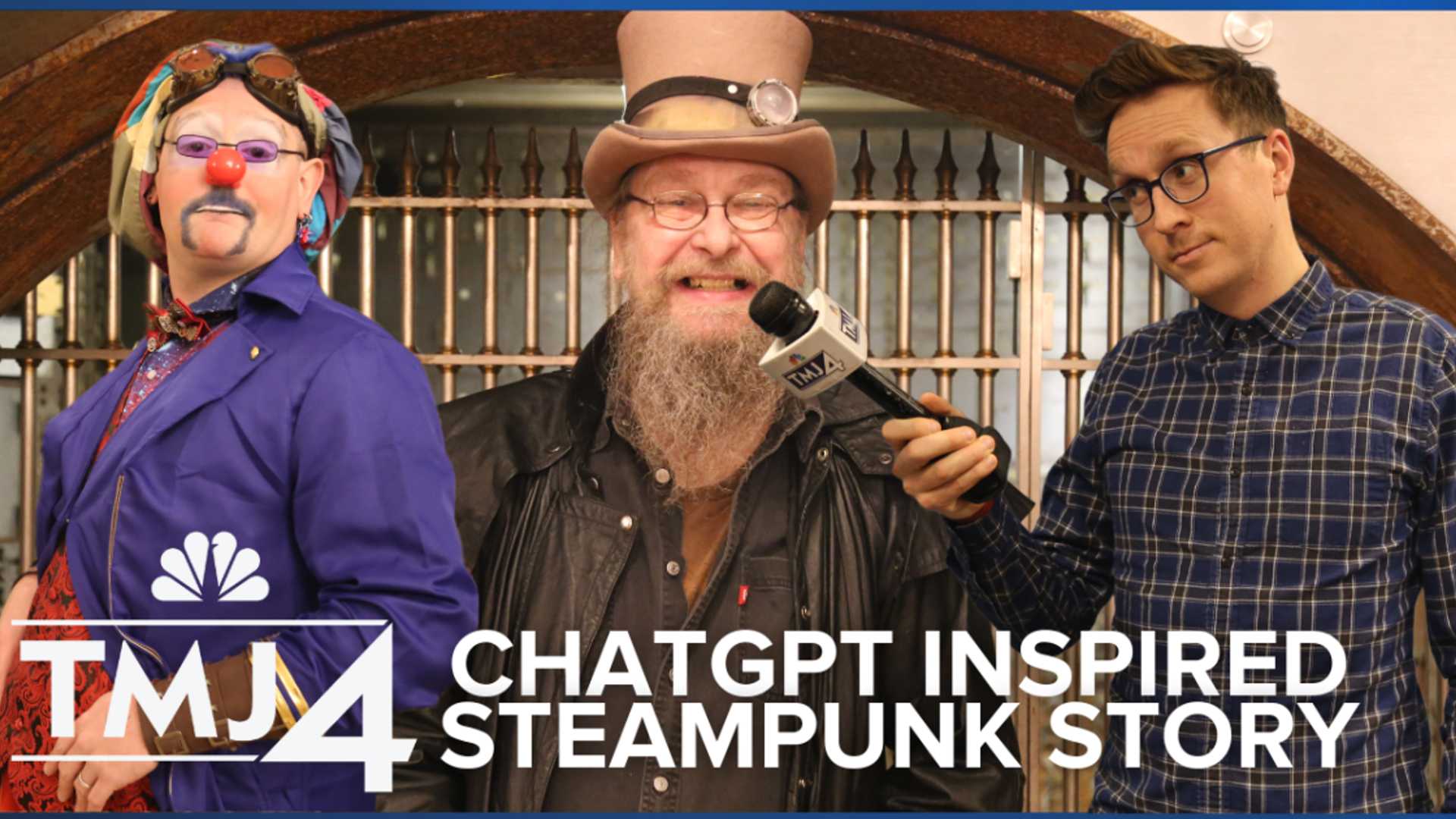Using ChatGPT to Come Up with a Weird News Story: A Journey into the Kenosha Steampunk Society
As an experiment in AI-powered journalism, I asked ChatGPT for weird story ideas in Milwaukee, and it suggested exploring the quirky and unusual subcultures like the roller derby or steampunk community. Intrigued by the latter, I did a quick Google search and discovered the Kenosha Steampunk Society run by Paul Little.
According to Little, steampunk is a fantasy Victorian-era aesthetic that imagines how people during the Industrial Revolution in the 1800s thought the future would look like. It combines retro-futurism with recycling and gear-powered imagery to create a unique artistic and cultural movement. The Kenosha Steampunk Society meets regularly at Little's pop-up store or Tea Scout gatherings to share their love for steampunk culture, drink tea, and raise funds for local organizations.
Danielle Lieber, an author who writes fantasy, steampunk, and romance novels, is a co-lead of the local Tea Scout troop and part of the Kenosha steampunk community. She describes it as "a walking fashion show" where people showcase their creativity through costumes made of upcycled fabrics and thrifted items. Nicholas Cowart, who runs an entertainment company and dresses as a steampunk clown, loves the inclusiveness and fantasy of the community.
The steampunk community is not widely covered or mentioned in the Wisconsin news cycle, so how did ChatGPT know about them? According to Susan McRoy, the chair of the Computer Science Department at UW-Milwaukee, ChatGPT doesn't know what makes a good story but uses word associations based on millions of words of text ingested from the internet to generate plausible responses. It's up to journalists to fact-check and attribute sources to ensure accuracy.
Overall, this experiment highlights the potential of AI-powered journalism to suggest story ideas and complement human expertise, but it also underscores the need for collaboration between the two to address technical challenges and ethical considerations. As Lieber aptly puts it, "weird makes the world go round."




















